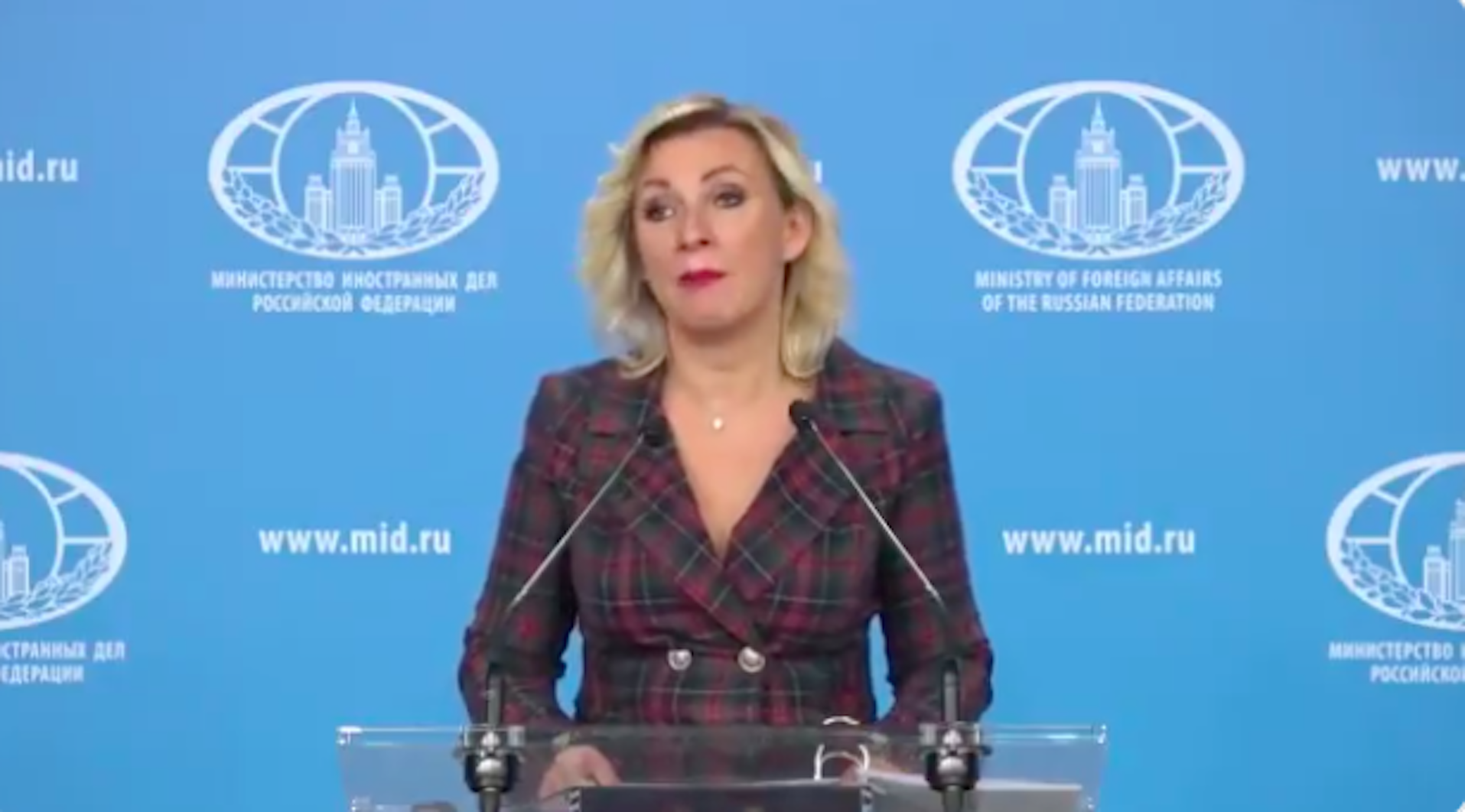The Russian government has warned in statements to Catalan public broadcaster TV3 that relations with Spain could become "more complicated" and "may be damaged". The Moscow executive has expressed its displeasure with the judicial report based on a Spanish Civil Guard investigation which states that during the 2017 Catalan independence process, Russia offered 10,000 soldiers to president Carles Puigdemont to enable independence to be implemented, a thesis that was accepted by the investigating judge in the so-called "Volkhov" case, and used as part of the justification for yesterday's huge Civil Guard operation in which 21 arrests were made.
A spokesperson for the Russian foreign ministry stated that the statement by the Civil Guard is "absurd", pouring scorn on the accusation that Russia might provide "financial or even military help" to the Catalan independence movement. Maria Zakharova said in a press comnference that the act of mentioning Russia, as the court document does repeatedly in building its case, "probably works very well in the context of the anti-Russia propaganda in the West", but her government is still surprised that so much attention is being given to theories that "seek to internationalize the independence process". Making "baseless and empty" accusations towards Russia "can only damage the Russian-Spanish relationship", Zakharova said.
The Russian government has also expressed annoyance that the Civil Guard operation was dubbed Volkhov, which refers to a joint offensive by the Spanish "Blue Division" and the Nazi army during Hitler's invasion of the USSR in the Second World War.
The Russian embassy had already made a criticism yesterday of the Civil Guard report which was the basis for the arrest operation, and it was one that stood out through its explicit humour and irony from the usual reserved tone of diplomatic statements.
"Be careful," warned the embassy in its tweet. "The information appearing in Spanish media on the arrival of 10,000 soldiers in Catalonia is incomplete."
"You have to add add two zeros to the number of soldiers [not 10,000, but 1,000,000] and the most striking aspect of this whole conspiracy: the troops would have to transported by "Mosca" and "Xato" planes which were assembled in Catalonia during the Spanish Civil War and have been hidden in a safe place in the Catalan mountains until they receive the order to act through these publications," said the embassy, referencing the Soviet assistance provided to the Spanish Republicans in the 1930s conflict.
‼️ Ojo: La información aparecida en los medios 🗞️ españoles 🇪🇸 sobre la llegada de 🔟 mil soldados rusos a Cataluña está incompleta 👇👇👇 pic.twitter.com/Y7v3GjlYVm
— EmbajadaRusaES (@EmbajadaRusaES) October 28, 2020

